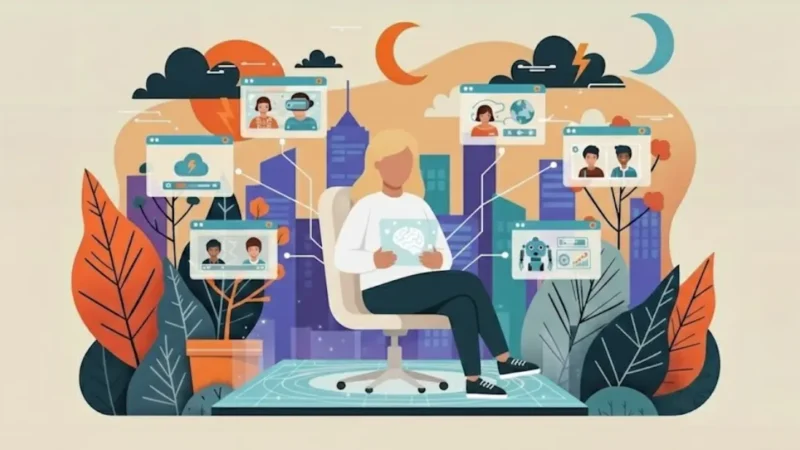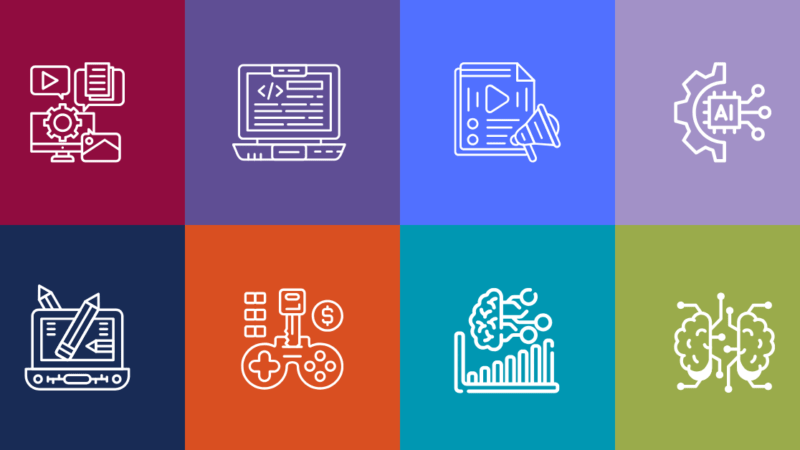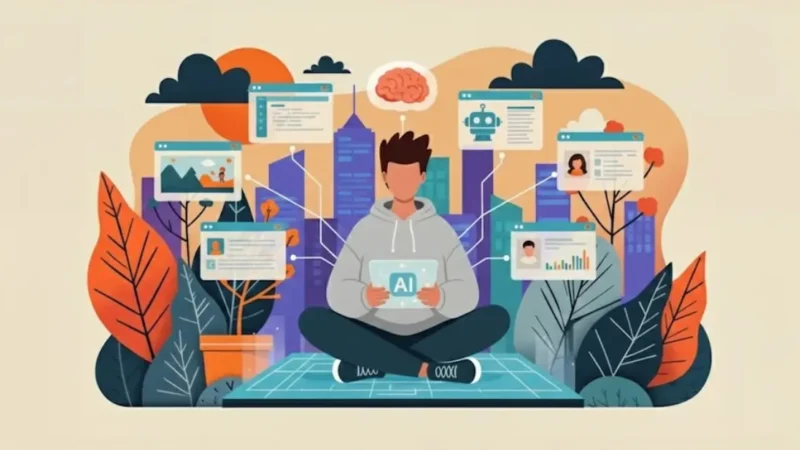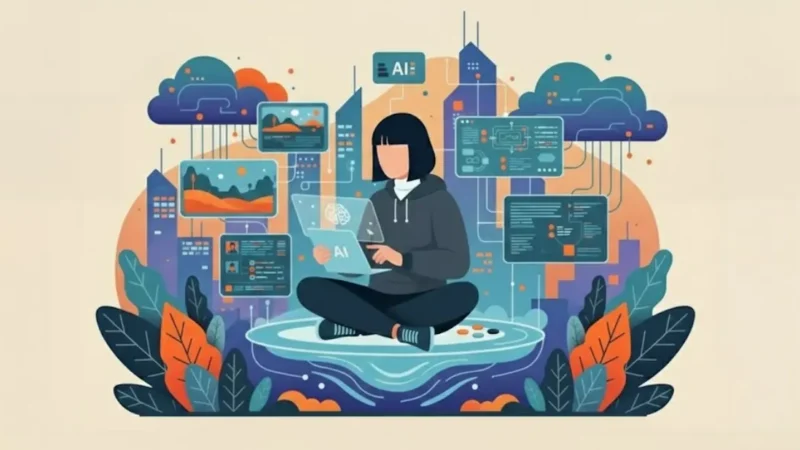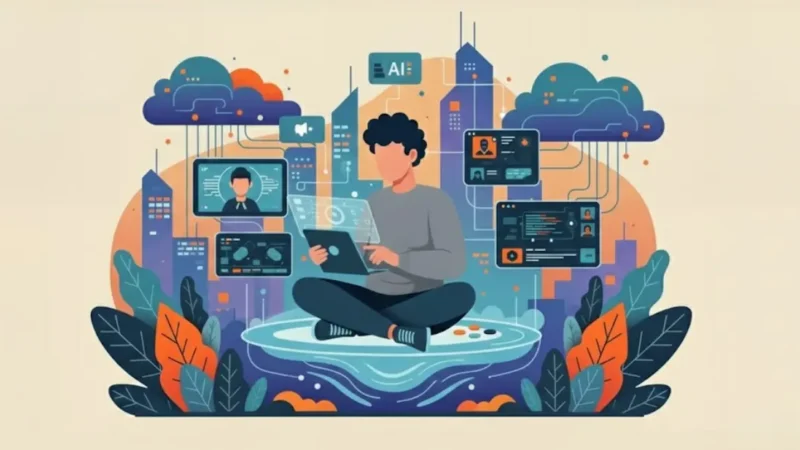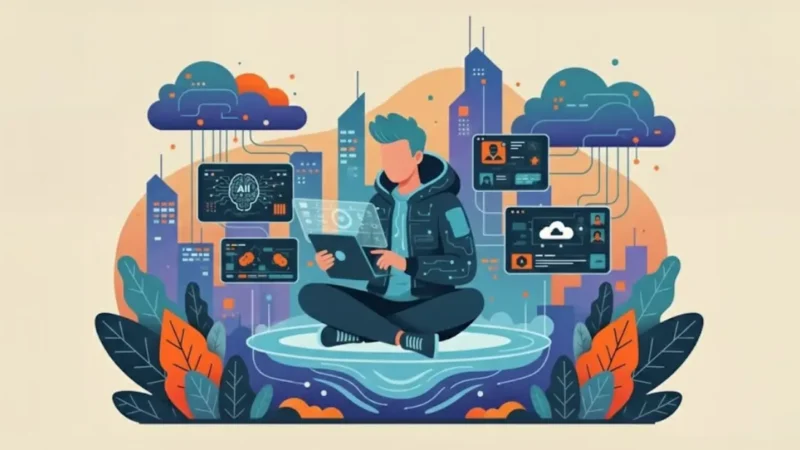The Human Element at Stake: Why Yoko Taro Urges Caution with AI in Game Development?
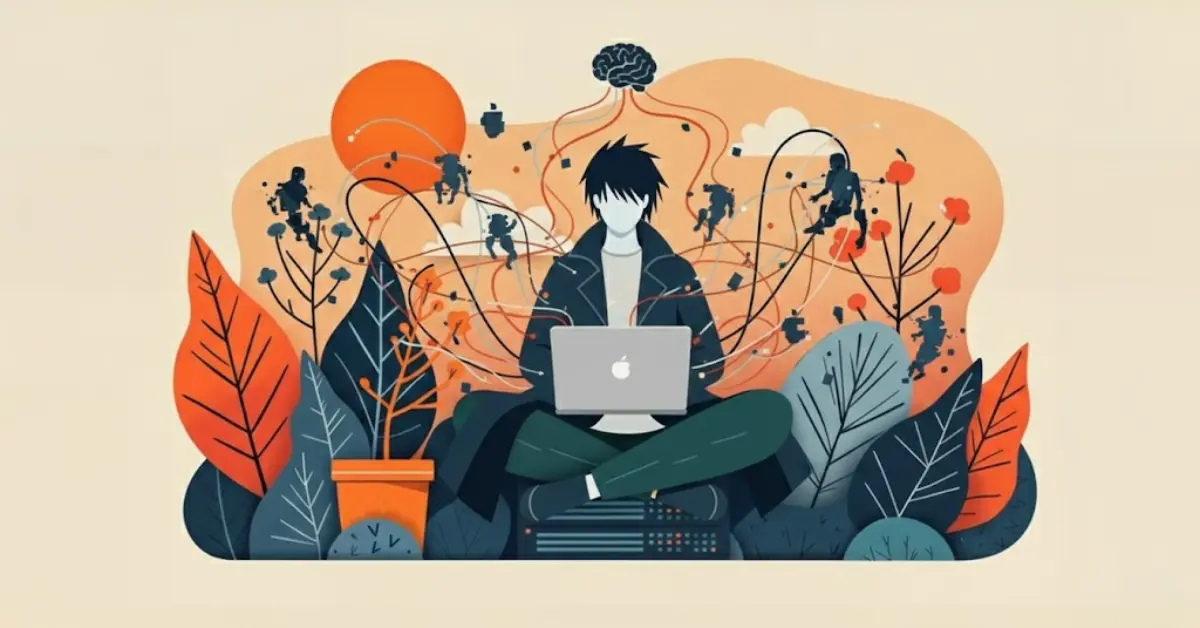
What happens when the creator of a game is no longer human? This question is central to the discussion around AI in game development. In fact, it is a major debate happening right now in the video game industry, with few voices being as unique as Yoko Taro’s.
He is the celebrated game director behind famous titles like NieR: Automata. He is well-known for his unique stories and deep themes. Recently, Yoko Taro shared a surprising prediction that has worried many. For this reason, this post will explore his concerns about AI in game creation. We will also look at how his ideas compare to the current state of artificial intelligence in gaming.
Deconstructing the Fear: Yoko Taro’s Prediction of an AI-Dominated Future
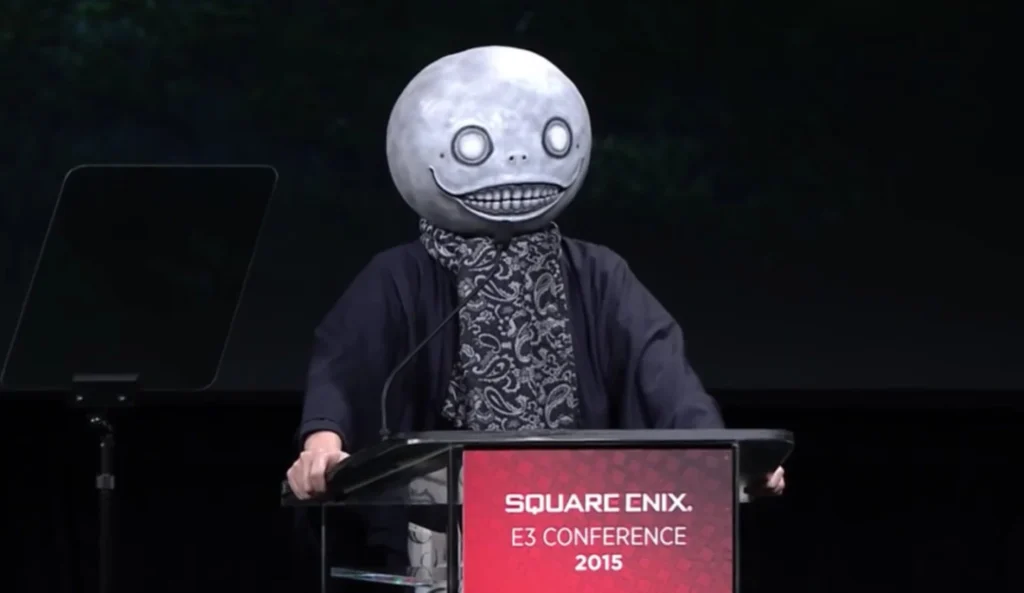
Yoko Taro’s worry is not a vague feeling. Instead, it is a very specific prediction about the future of AI in game design. He stated he believes AI will be able to create games that are “more interesting” than those made by humans in the near future. This is a bold statement from a master of his craft.
His logic follows a clear path. Above all, he worries about the value of human creation. Think about the incredible speed and scale of an advanced AI. It could produce polished game content much faster than a person. As a result, this could weaken the years of effort and passion that human teams pour into their work. Why would a company fund a five-year human project if an AI in game development could make a better one in just months? Therefore, this challenges the entire business of game development.
Furthermore, Taro fears the loss of “soul” and human imperfection. His own games are loved for their powerful emotions. He worries that an AI, designed to be perfect, cannot copy these human touches. This could lead to a loss of unique ideas, where using AI in games produces technically perfect but boring experiences.
The Industry’s AI Arms Race: Is Yoko Taro’s Future Already Here?
The latest gaming news suggests Yoko Taro’s vision is arriving faster than we thought. The industry is not just theorizing; it is actively implementing advanced AI in game technology. For example, Ubisoft is showing off its “NEO NPC” technology. This system lets players have real, unscripted talks with game characters, showing a huge leap in AI-driven content.
This quick adoption, however, is creating a clear divide. The GDC’s “State of the Game Industry 2024” report gives us key facts on this topic. It shows that 31% of game studios already use generative AI. At the same time, a huge 84% of developers share Yoko Taro’s ethical worries. In other words, the industry uses a tool that most of its own creators are concerned about. This trend is also fueled by a major investment boom in artificial intelligence in gaming.
The Promise and Potential of AI in Game Development
While Yoko Taro’s concerns are important, they only tell one side of the story. Using AI in game development also offers great promise. For smaller studios, for instance, AI can be a powerful helper. It can handle time-consuming jobs like making art assets or testing for bugs. This frees up small teams to focus on their creative ideas.
In addition, AI can help create amazing and lively worlds. It can power intelligent characters and environments that change based on player choice. So, the argument for AI is that it doesn’t have to be a replacement. Instead, it can be a powerful partner. AI can handle the technical work while human developers focus on the creative vision. The potential for a positive human-AI partnership in AI in game creation is immense.
Finding the Balance: Can Human Creativity and AI Coexist?
The future will likely be a mix of both worlds. The best games will probably come from a partnership between human ideas and AI tools. A human creator’s taste and artistic sense cannot be replaced. An AI is a tool, and like any tool, its final product depends on the person using it. For that reason, the challenge is not to stop AI in game development but to guide it. Developers must remain the main creative force, using AI to build worlds that were never before possible.
Conclusion: A Future Guided by Human Hands
Yoko Taro’s warning is an important call for us to be careful. He is not rejecting technology. Instead, he asks the industry to think about how it will affect human creators. The dual nature of AI in game development offers both amazing opportunities and big risks. The future of artificial intelligence in gaming is still being written. Consequently, today’s developers, publishers, and players must guide it ethically and creatively, keeping the human element at the core of gaming.
Frequently Asked Questions (FAQ)
What are Yoko Taro’s concerns about AI in game development?
Yoko Taro’s main worry is that AI will soon create games that are “more interesting” than human-made ones. This leads to his other fears. For example, he is concerned that the work of human developers will be valued less and that games will lose their creative, human touch.
Will AI take over the jobs of game developers?
This is a major topic of discussion. AI will likely automate some tasks, but it probably won’t replace the need for human creativity and vision. The role of a developer may evolve to focus more on guiding AI in game tools.
How are developers currently using AI in the gaming industry?
Today, developers use AI in many ways. For example, it helps build large game worlds and create smart character behaviors. Developers also use it to balance game difficulty. More recently, they use generative AI to create dialogue, art, and code under their direct supervision.
What are the main advantages of using AI in game development?
The biggest benefits include saving time and money. It also allows smaller teams to create bigger games. Furthermore, a skilled use of AI in game tools can lead to more exciting and personal experiences for players.
What are the ethical considerations surrounding AI in gaming?
The main ethical questions involve potential job loss for developers and issues with copyright for AI training data. There is also a risk of AI creating biased content. Finally, it raises questions about what it means for a game to be made without a human author.
Reference:

